Philosophy
Recent articles
What do neuroscientists mean when they use the term ‘representation’?
A group of neuroscientists and philosophers discuss the use and misuse of the term "representation" across the cognitive sciences and how it influences the way we interpret the connection between neural, behavioral and mental activity.
What do neuroscientists mean when they use the term ‘representation’?
A group of neuroscientists and philosophers discuss the use and misuse of the term "representation" across the cognitive sciences and how it influences the way we interpret the connection between neural, behavioral and mental activity.
The limits of neuroscience
Truly understanding the brain requires a set of conditions we’re unlikely to meet: that knowledge about the brain is finite, and that we have both access to that knowledge and the means to understand it.

The limits of neuroscience
Truly understanding the brain requires a set of conditions we’re unlikely to meet: that knowledge about the brain is finite, and that we have both access to that knowledge and the means to understand it.
Claims of necessity and sufficiency are not well suited for the study of complex systems
The earliest studies on necessary and sufficient neural populations were performed on simple invertebrate circuits. Does this logic still serve us as we tackle more sophisticated outputs?
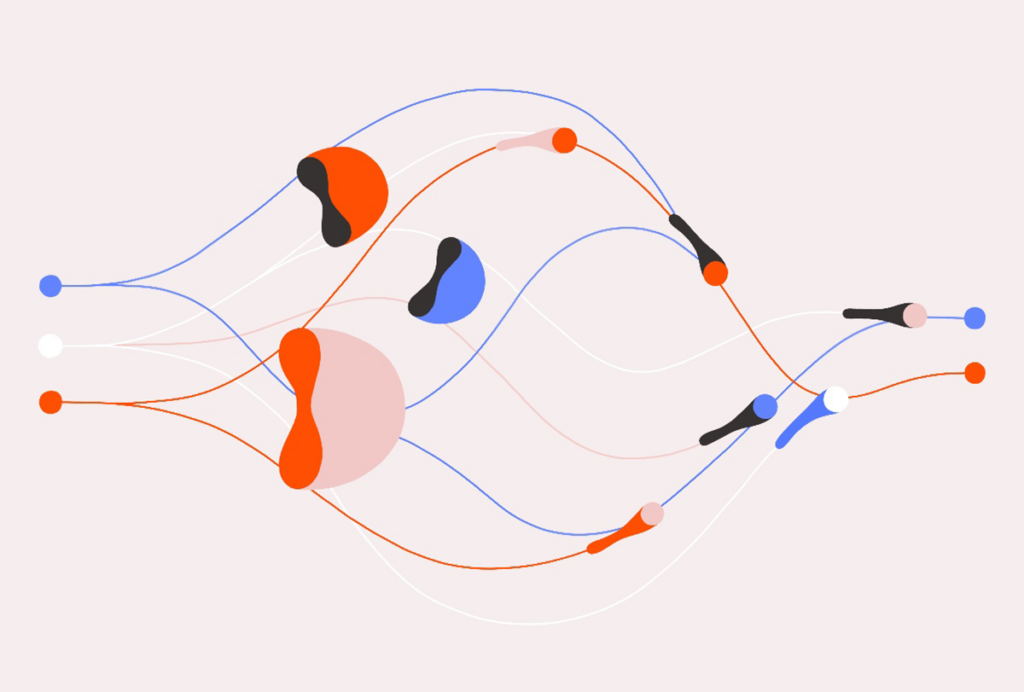
Claims of necessity and sufficiency are not well suited for the study of complex systems
The earliest studies on necessary and sufficient neural populations were performed on simple invertebrate circuits. Does this logic still serve us as we tackle more sophisticated outputs?
Premature declarations on animal consciousness hinder progress
Overstating the evidence in support of animal consciousness could impede efforts to develop more accurate ways of assessing it.
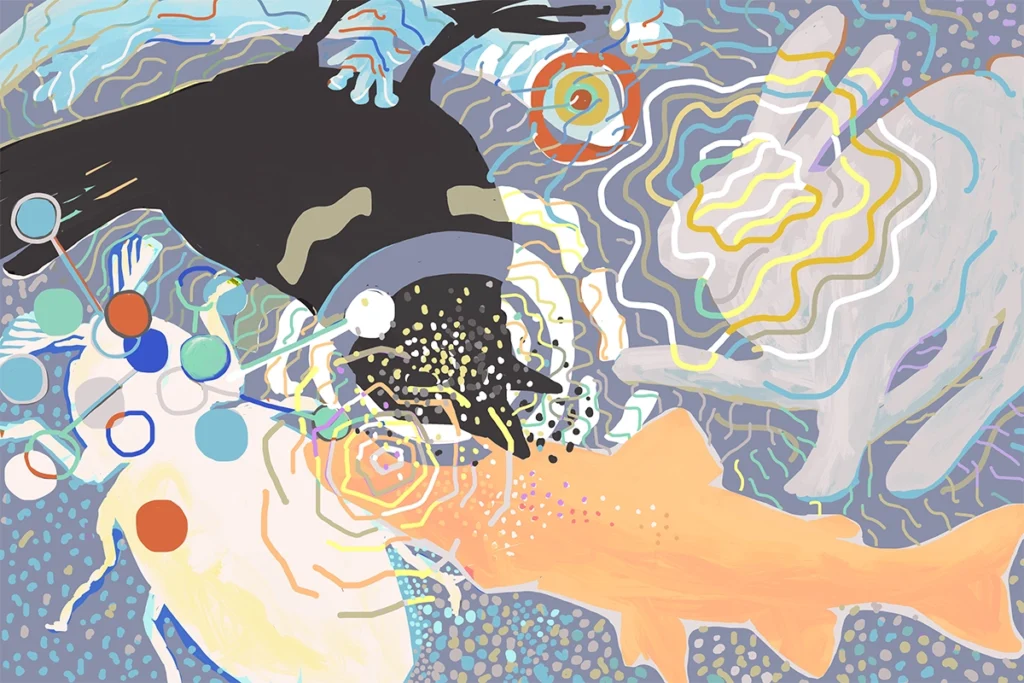
Premature declarations on animal consciousness hinder progress
Overstating the evidence in support of animal consciousness could impede efforts to develop more accurate ways of assessing it.
The case for redefining ‘theory of mind’: Q&A with François Quesque
In a new commentary, Quesque and 44 experts in neuroscience and psychology propose a standardized lexicon for research on the attribution of mental states.
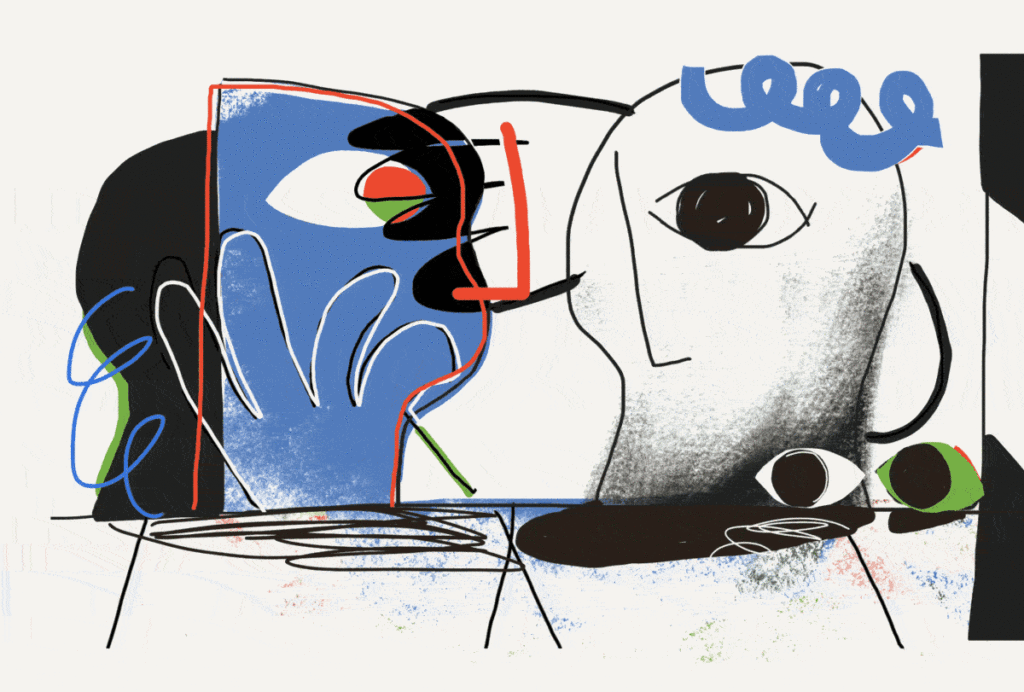
The case for redefining ‘theory of mind’: Q&A with François Quesque
In a new commentary, Quesque and 44 experts in neuroscience and psychology propose a standardized lexicon for research on the attribution of mental states.
What are mechanisms? Unpacking the term is key to progress in neuroscience
Mechanism is a common and powerful concept, invoked in grant calls and publication guidelines. But scientists use it in different ways, making it difficult to clarify standards in the field. We asked nine scientists to weigh in.
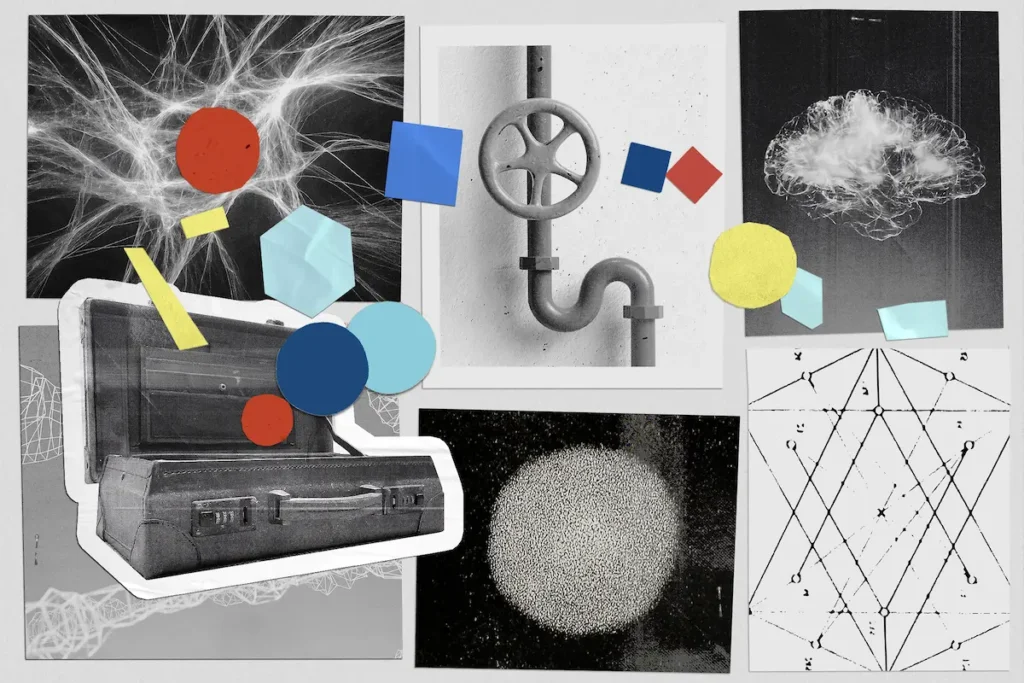
What are mechanisms? Unpacking the term is key to progress in neuroscience
Mechanism is a common and powerful concept, invoked in grant calls and publication guidelines. But scientists use it in different ways, making it difficult to clarify standards in the field. We asked nine scientists to weigh in.
Consciously smelling—an edited excerpt from ‘Stinking Philosophy! Smell Perception, Cognition, and Consciousness’
In his new book, published earlier this month, Benjamin Young tackles the debates and central questions surrounding olfactory perception, cognition and consciousness.
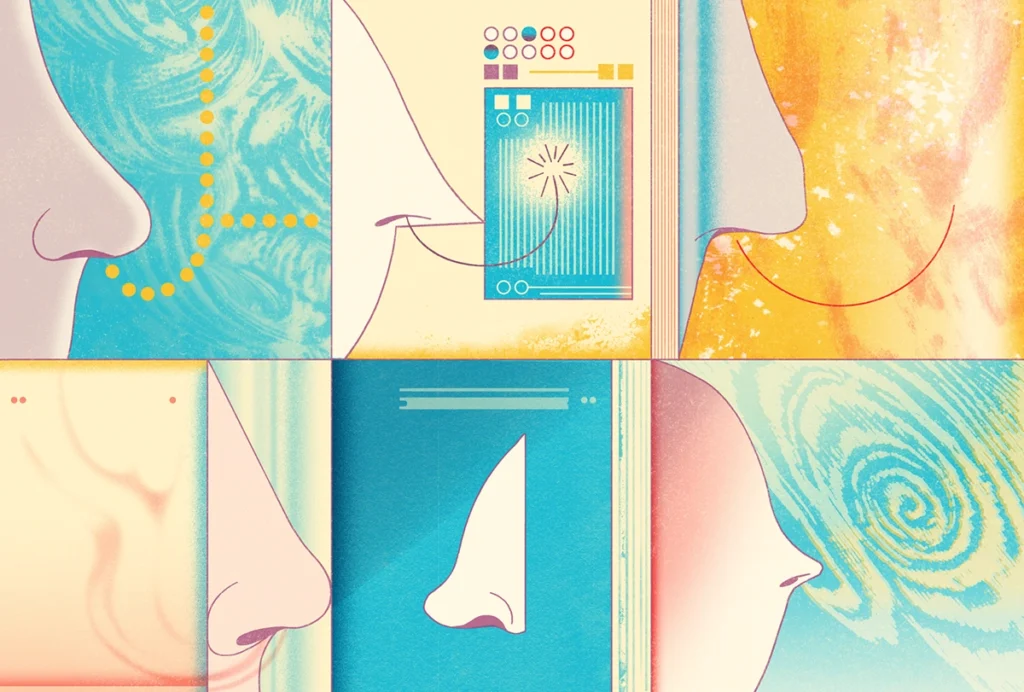
Consciously smelling—an edited excerpt from ‘Stinking Philosophy! Smell Perception, Cognition, and Consciousness’
In his new book, published earlier this month, Benjamin Young tackles the debates and central questions surrounding olfactory perception, cognition and consciousness.
Going deep: The Transmitter’s top long-form stories in 2023
Our favorite features and book excerpts from the past year delved into the neurobiology of cancer; problems with survey data; free will; mathematical minds; and questions around one startup’s quest to treat brain conditions with cell therapies.
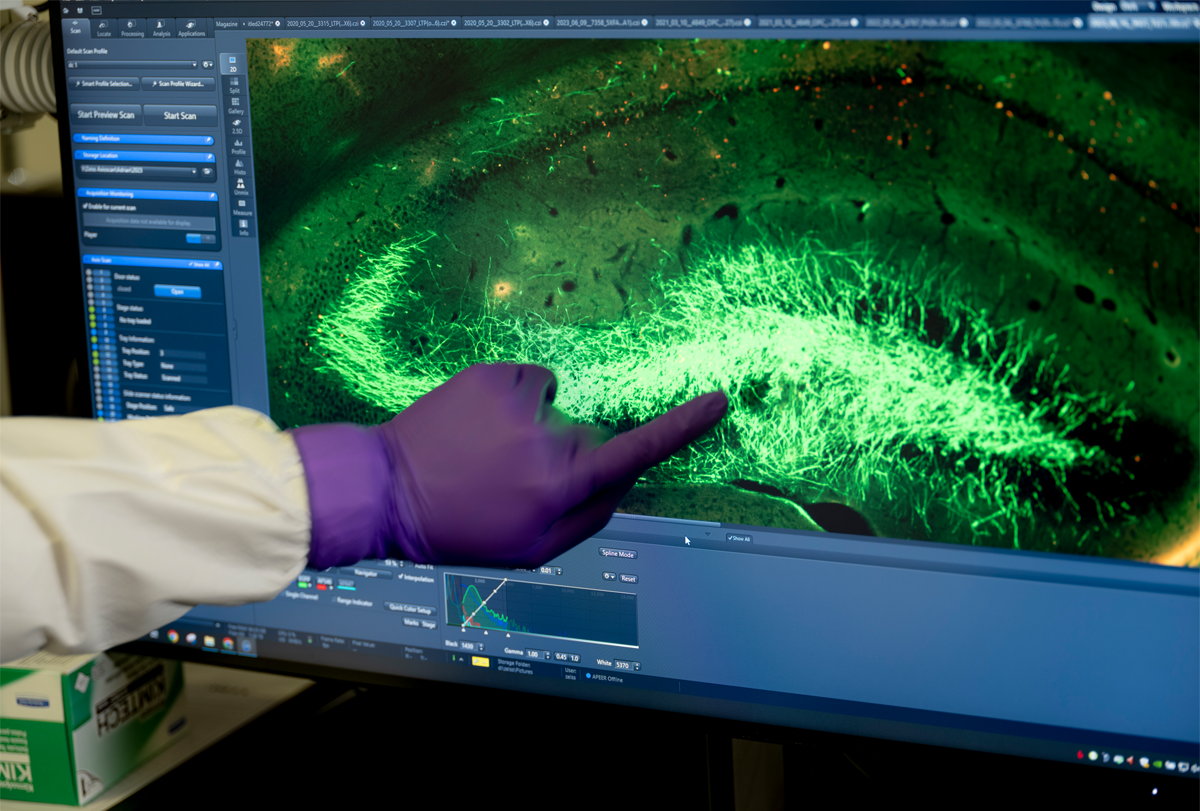
Going deep: The Transmitter’s top long-form stories in 2023
Our favorite features and book excerpts from the past year delved into the neurobiology of cancer; problems with survey data; free will; mathematical minds; and questions around one startup’s quest to treat brain conditions with cell therapies.
From a scientist’s perspective: The Transmitter’s top five essays in 2023
From big-picture debates about theories and terms to practical tips for teaching and writing, our favorite expert-written articles offer a glimpse into what neuroscientists are thinking.
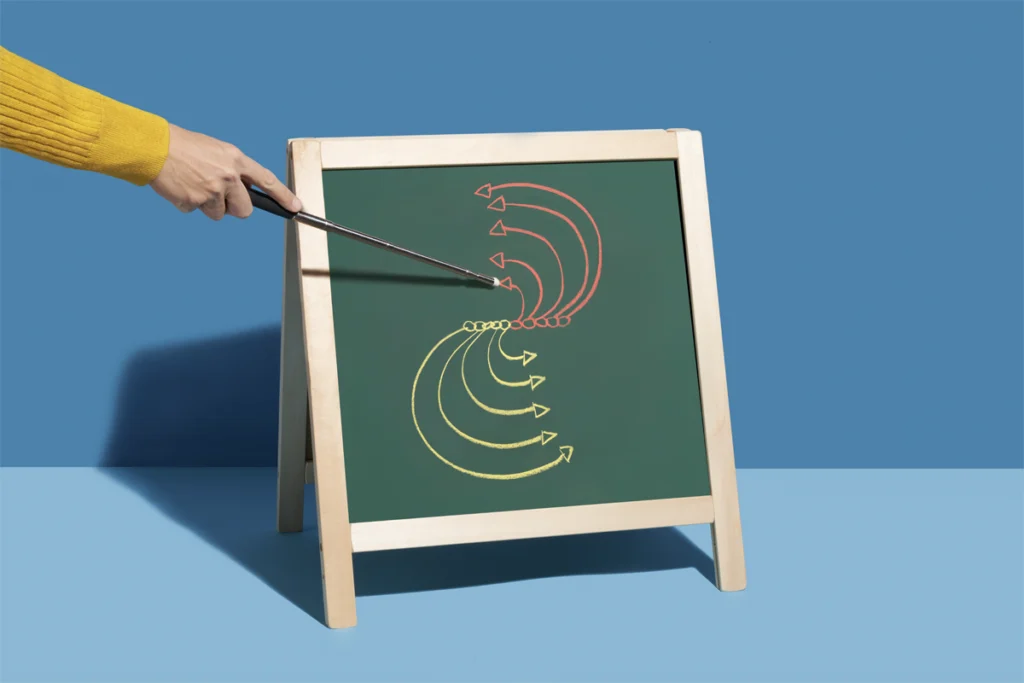
From a scientist’s perspective: The Transmitter’s top five essays in 2023
From big-picture debates about theories and terms to practical tips for teaching and writing, our favorite expert-written articles offer a glimpse into what neuroscientists are thinking.
Mistaking a duck for a skvader: How a conceptual form of circular analysis may taint many neuroscience studies
These logical loops are harder to spot than circularity involving noise in the data, but they result from neglecting something closer to home: existing knowledge about the brain.

Mistaking a duck for a skvader: How a conceptual form of circular analysis may taint many neuroscience studies
These logical loops are harder to spot than circularity involving noise in the data, but they result from neglecting something closer to home: existing knowledge about the brain.
Explore more from The Transmitter
Machine learning spots neural progenitors in adult human brains
But the finding has not settled the long-standing debate over the existence and extent of neurogenesis during adulthood, says Yale University neuroscientist Juan Arellano.

Machine learning spots neural progenitors in adult human brains
But the finding has not settled the long-standing debate over the existence and extent of neurogenesis during adulthood, says Yale University neuroscientist Juan Arellano.
Xiao-Jing Wang outlines the future of theoretical neuroscience
Wang discusses why he decided the time was right for a new theoretical neuroscience textbook and how bifurcation is a key missing concept in neuroscience explanations.
Xiao-Jing Wang outlines the future of theoretical neuroscience
Wang discusses why he decided the time was right for a new theoretical neuroscience textbook and how bifurcation is a key missing concept in neuroscience explanations.
Memory study sparks debate over statistical methods
Critics of a 2024 Nature paper suggest the authors failed to address the risk of false-positive findings. The authors argue more rigorous methods can result in missed leads.

Memory study sparks debate over statistical methods
Critics of a 2024 Nature paper suggest the authors failed to address the risk of false-positive findings. The authors argue more rigorous methods can result in missed leads.